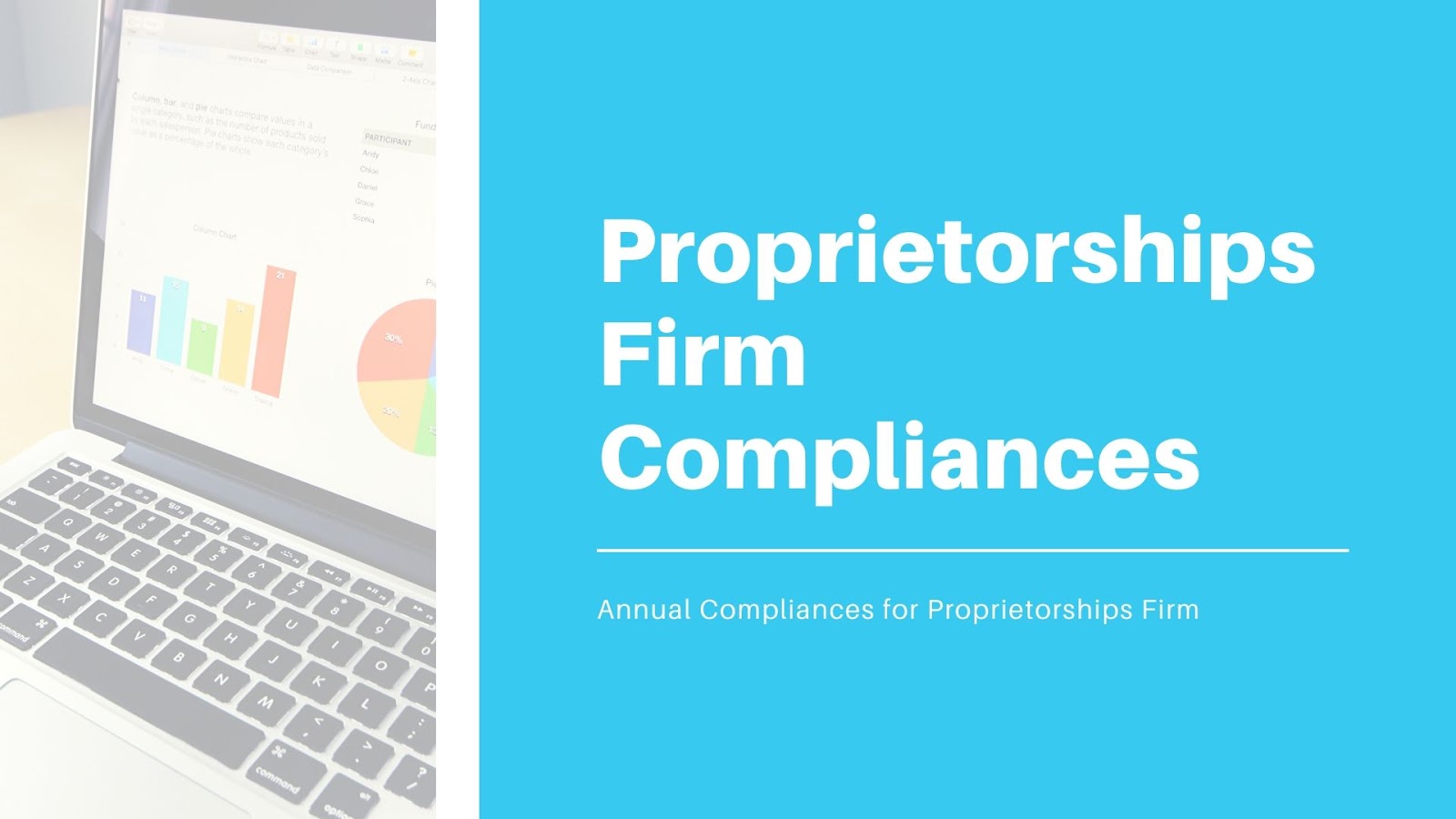What are the ROC Annual Compliances in India?
A company
since its inception becomes subjected to different statutory regulations and ROC Annual
Firm Compliances Process Online. A company registered in India needs to
comply with all the Online ROC Annual Firm Compliances as per the Companies
Act, 2013. With majority of startups getting them registered as companies, to
keep up with Online ROC Annual Firm Compliances
Process is the most asked issue faced by the companies, the failure to do
which results in falling under the scrutiny of the MCA thus, creating numerous
hindrances like heavy penalties and in case of repeated violations, reduced
chances of business’ survival.
Therefore,
it is important to understand the different ROC Annual Compliances Online India of a company in India that must
be filed with the ROC.
Online ROC Annual Firm
Compliances
The
compliances of a company are of two types, mandatory ROC Annual
Compliances Online India and ROC event based compliances online India.
These must be filed with the registrar of companies in the given format within
the appropriate time set by the MCA along with the fees as prescribed by the
MCA.
Mandatory Online ROC Annual
Firm Compliances
As far as
compulsory annual compliances are concerned, there are certain fixed annual ROC
returns that must be filed by a company every financial year. Also, the MCA may
introduce new mandatory compliances; therefore, the companies should stay
up-to-date about the latest notifications for compulsory KYC or other form filings.
The Mandatory ROC Annual Firm Compliances Process Online Includes the Following:
1) Board
Meeting of Directors
It must be
held within 30 days of incorporation and each director receives notice of board
meeting before 7 days. At least 2 or ⅓ of the total number of directors should
be present. After the first meeting, the Board must conduct the same at least 4
times in a financial year having a gap of a maximum of 120 days between the two
meetings. Board of directors pass the resolution for Approval of Annual Accounts of Company for the financial year
ended.
2) Notice
of Annual General Meeting
Every
business is required to hold its Annual
General Meeting. For conducting the AGM, a notice under Section 101 of
companies is required to be sent to all the members of the company. Generally
in AGM, members are approve and adopt the audited financial statements of the
company comprising the balance sheet, statement of profit & loss and cash
flow statement for the financial year ended along with this, auditor report and
board report will also be adopted.
3) Director’s
Report
Every
director of the company is required to disclose about his directorship in other
companies by giving a declaration in writing to the company in a specified
format of board report.
4) Holding
Annual General Meeting
Every
company has to hold an AGM of its shareholders during business hours at the
company’s registered office or at some other place or city where the registered
office placed. The agenda of the meeting includes issues relating to approval
of financial statements, appointment of auditors, declaration of dividends,
remuneration of directors, and other agenda as mentioned in notice.
5)
Appointment of the Auditor
All
companies registered under the Indian Companies Act, 2013 have to conduct its
first Annual General Meeting and
appoint its auditor by filing form ADT-1 for the same. Time period for
appointment is thirty days from the date of incorporation. Also, the company
has to appoint an auditor every year but if it wants to continue with the same
auditor, it can do so for a maximum of 5 years.
6) Annual
ROC Filings
After AGM,
the annual returns must be filed in Form
MGT-7 once every financial year disclosing the details of its shareholders,
directors, etc. to the ROC within 60 days of holding the AGM and the financial
statements in Form AOC-4 is within
30 days of AGM. Other intimation is also required to be filed to SEBI, RBI, and Stock Exchange and other
authorities about the AGM if applicable on company.
7) Maintaining
Company’s Registers and Records
Every
company must maintain and keep various statutory registers and records such as Register of Directors, Register of Shares, and Minutes of the Board Meetings. These
records will be open at its registered office for inspection during business
hours. It’s a part of ROC annual compliances online India.
8) Company’s
Tax Compliances




Excellent Informative Article about ROC Annual Compliance
ReplyDeleteWe provide ROC Filing Services in Chennai India
I found useful information about annual roc compliance for private limited companies in Singapore on your blog. Thanks for sharing.
ReplyDelete